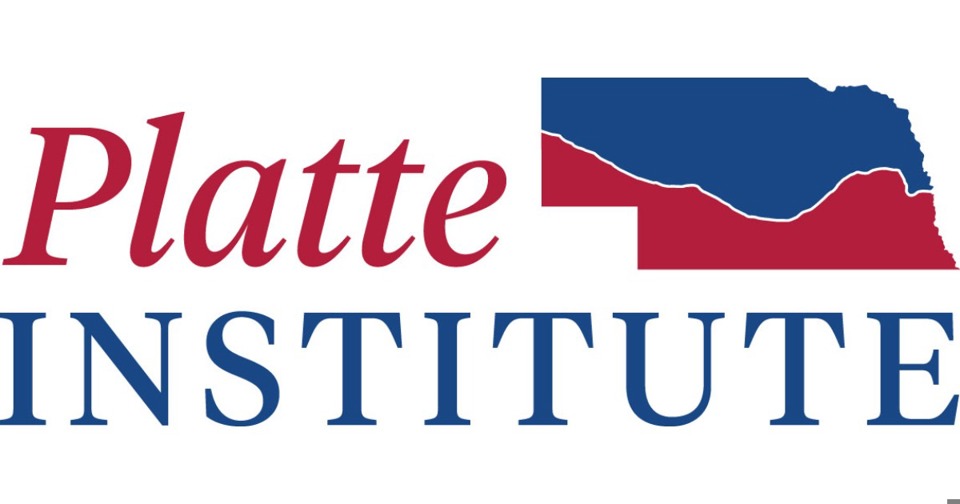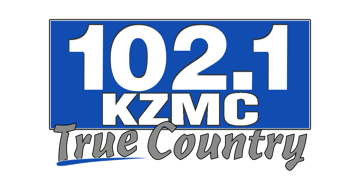Platte Institute Calls for Sunset Provision on LB 388 Amendment to Maintain Tax Reform Flexibility

OMAHA, NE — The Platte Institute is raising concerns regarding an amendment to LB 388 that earmarks future state revenue growth over 3.5% for the School Property Tax Credit Fund. While supportive of meaningful tax relief, the Institute warns this perpetual allocation could severely constrain Nebraska's fiscal strategy, particularly impacting the state's capacity to reduce income and sales taxes in the future.
Jim Vokal, CEO of the Platte Institute, emphasized the critical limitations this could impose: "Allocating surplus revenues in this manner restricts our future ability to pursue other essential tax reforms. Specifically, it would severely limit our ability to cut income or sales taxes when opportunities arise, binding the hands of future legislators and undermining our state's economic competitiveness. In an era of out-of-control inflation, should inflation rise to or above 3.5% as was announced today, the excess would go to property tax relief in perpetuity.”
Vokal continued, “Implementing a sunset provision by 2029 for this amendment will provide a necessary safeguard, allowing Nebraska to retain the flexibility to adjust its tax and spending policies in response to evolving economic and fiscal realities."
By advocating for this sunset provision, the Platte Institute aims to ensure that Nebraska can still reduce property taxes over the next five years, without being indefinitely committed to a single, rigid fiscal policy.
In addition to concerns over the proposed revenue allocation, the Platte Institute strongly opposes the inclusion of a digital advertising tax. This part of the bill seeks to extend the sales tax to digital advertisements, a move that not only risks violating federal law under the Internet Tax Freedom Act but also faces significant legal challenges, similar to those encountered by Maryland's digital advertisement tax. Taxing digital advertisements could impose an unstable revenue source upon Nebraska's tax structure, replacing stable revenue sources with ones that are not only unpredictable but potentially illegal.
"Building any form of tax reform on such legally dubious revenue sources is akin to building upon sand," said Vokal. "Nebraska should steer clear of making tax relief contingent upon a new tax on digital advertisements that could vanish with the next court ruling. It's crucial that our tax code remains both legally sound and economically sensible, avoiding the pitfalls of taxing business inputs like advertising, which can lead to increased costs for businesses and consumers alike."
As discussions on LB 388 and its amendments progress, the Platte Institute is dedicated to working with policymakers, stakeholders, and the public to promote a balanced, forward-looking fiscal policy framework that supports economic growth and fiscal responsibility.
For further information, to request an interview, or to discuss the implications of the proposed tax measures, please contact Ryan Kopsa at (402) 366-4432 or via email at rkopsa@platteinstitute.org.
The Platte Institute continues to advance policies that remove barriers to growth and opportunity in Nebraska. For more insights, visit PlatteInstitute.org.
